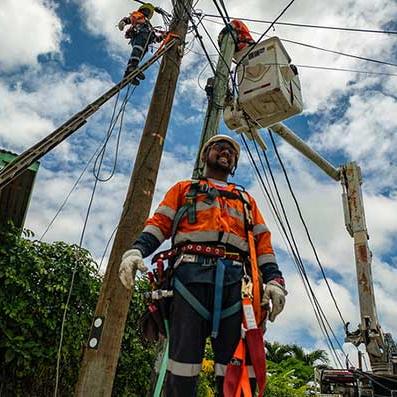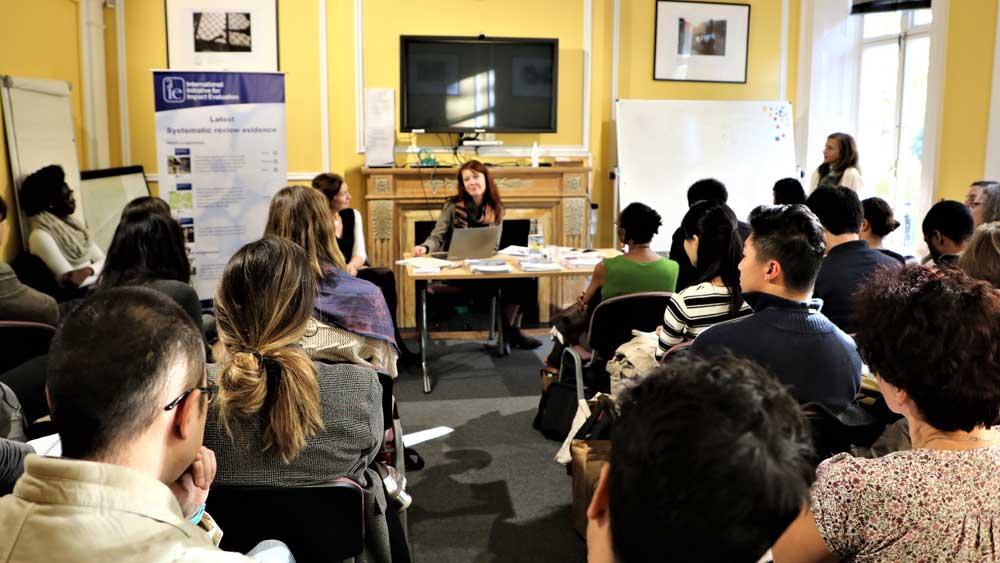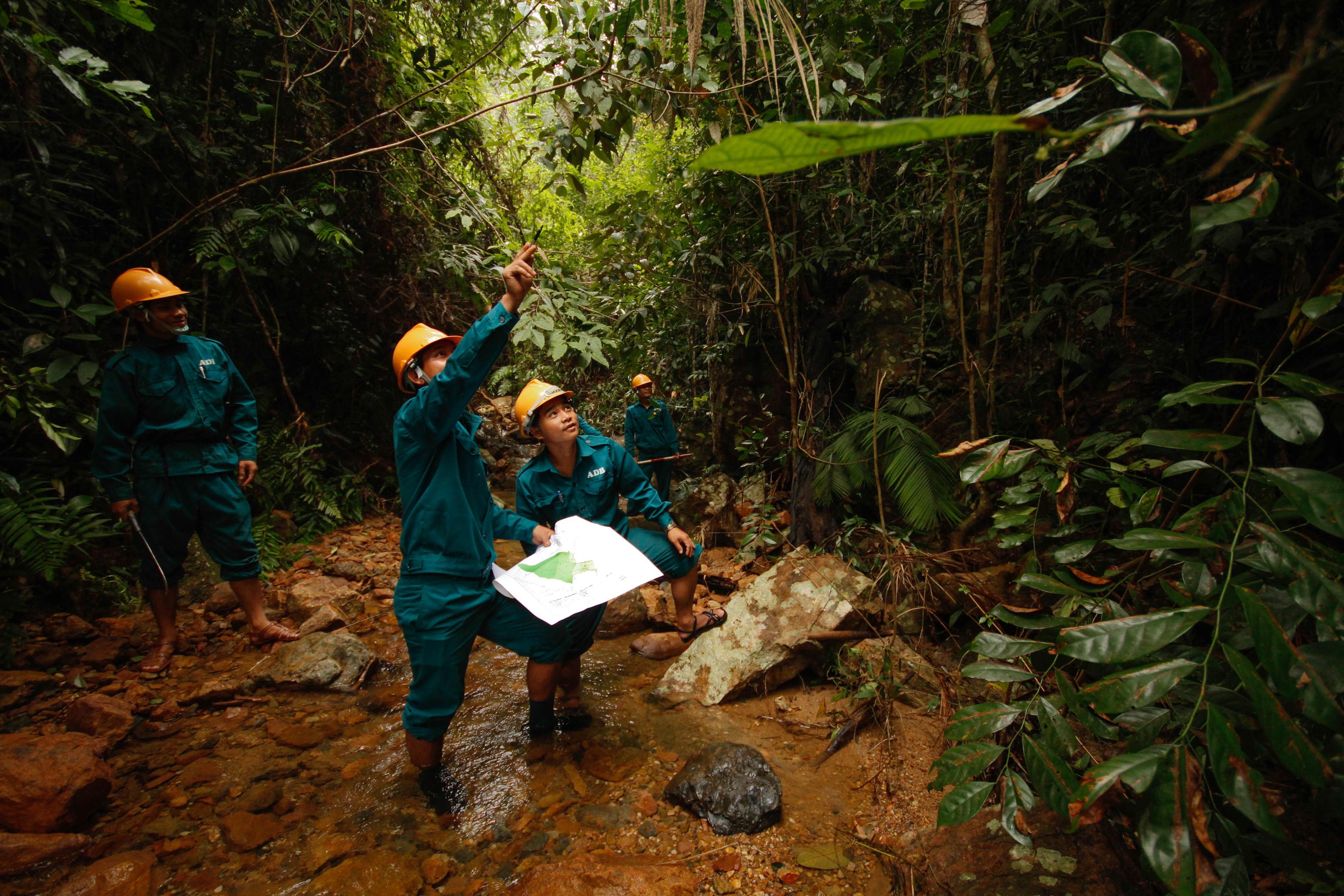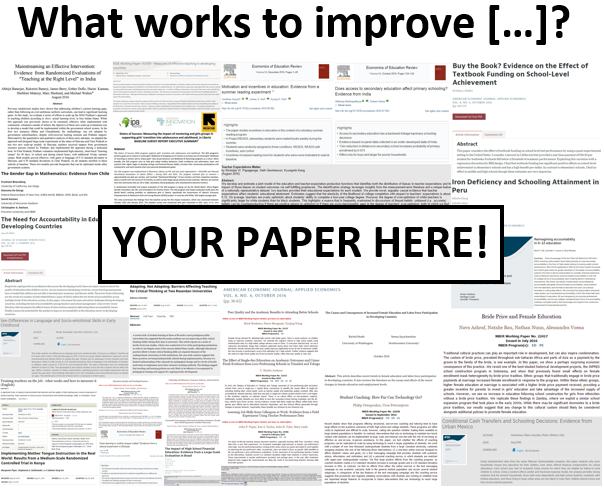Birte Snilstveit

Designation
Director – Synthesis & Reviews and Head of 3ie London Office
Body
Birte leads a dynamic team dedicated to the production and use of synthesised evidence to inform policy in low-and middle-income countries. She is the head of 3ie’s London office and as director, she is also part of 3ie’s senior management team.








